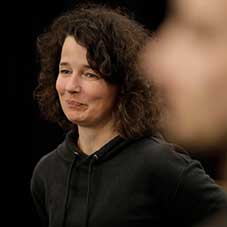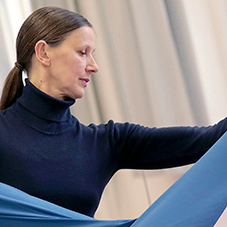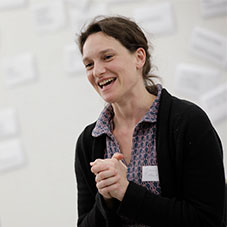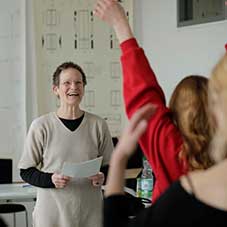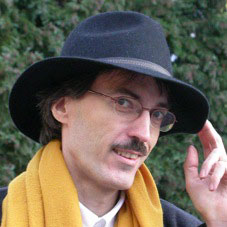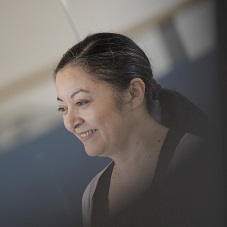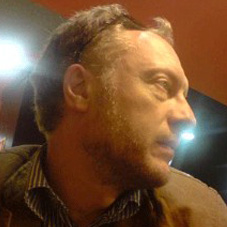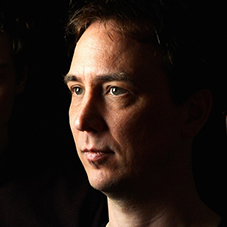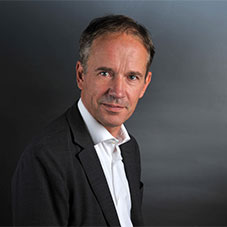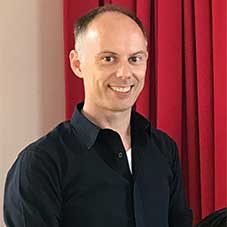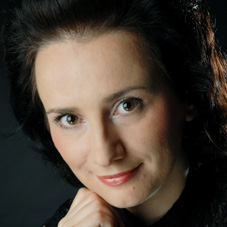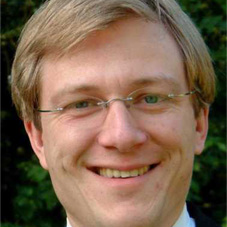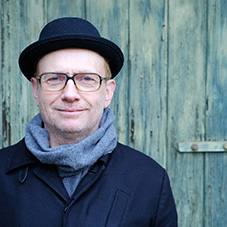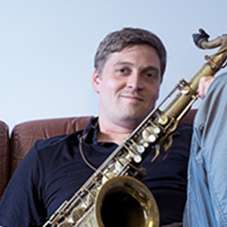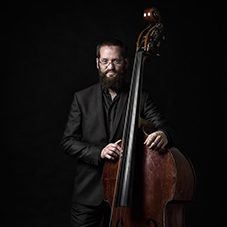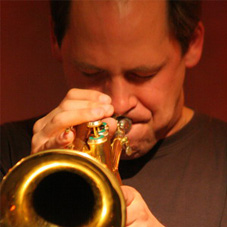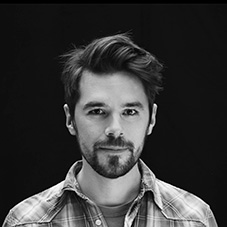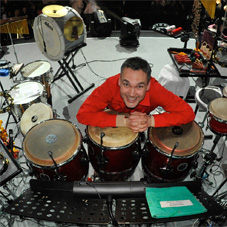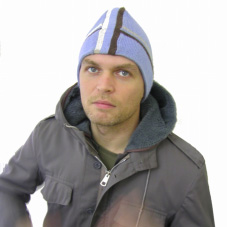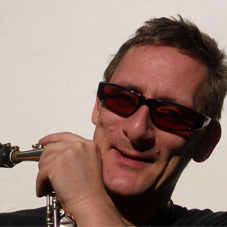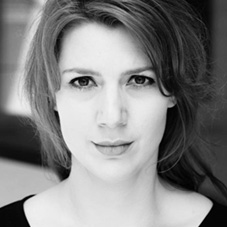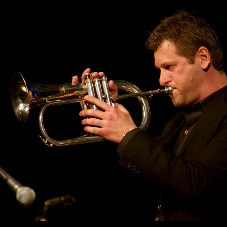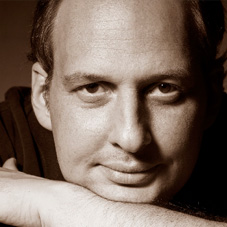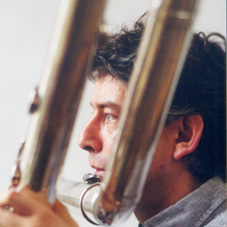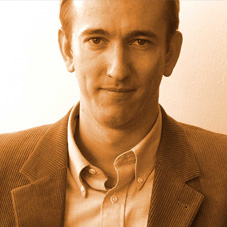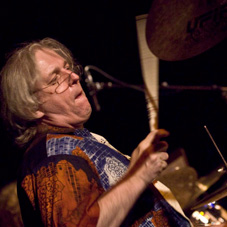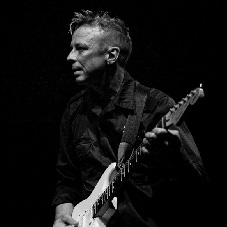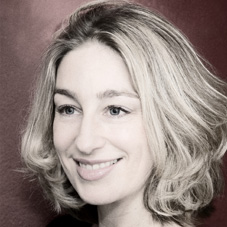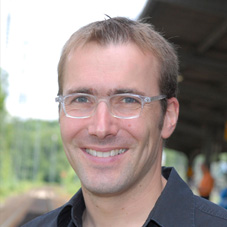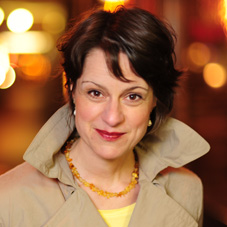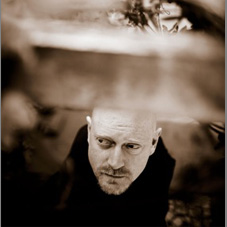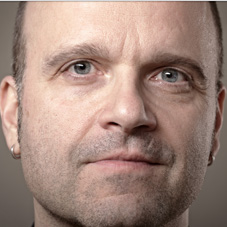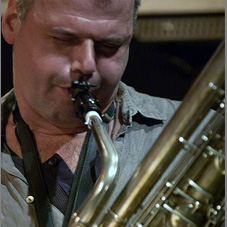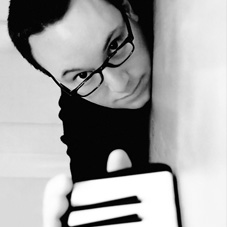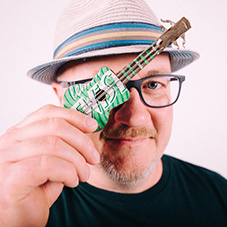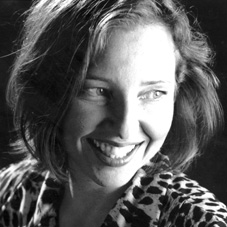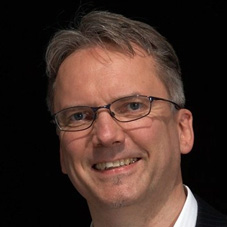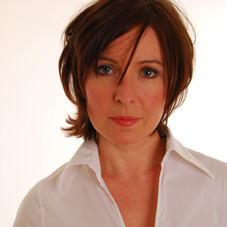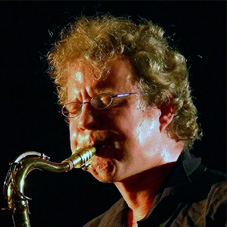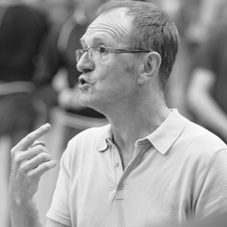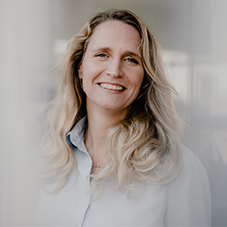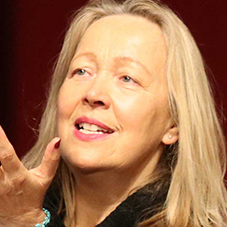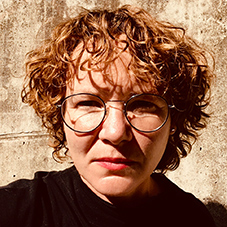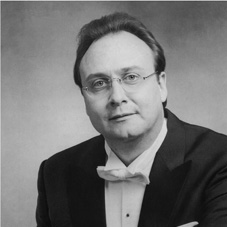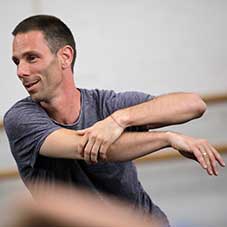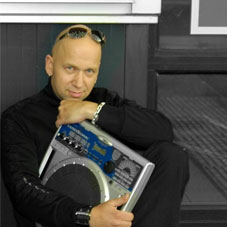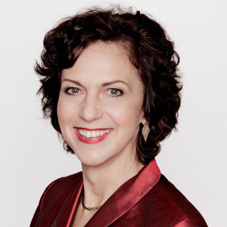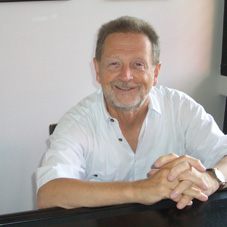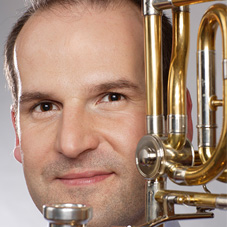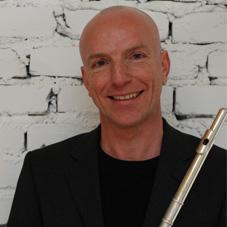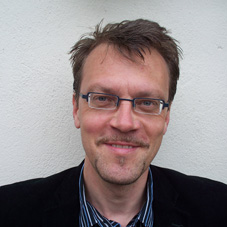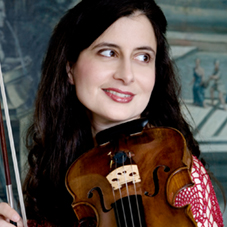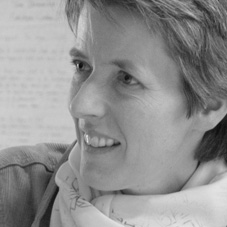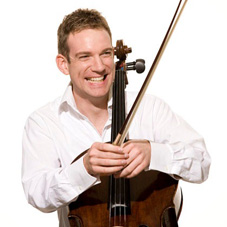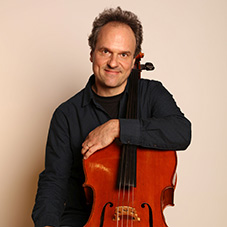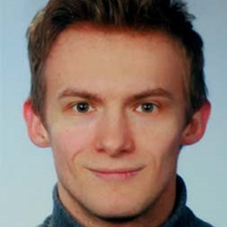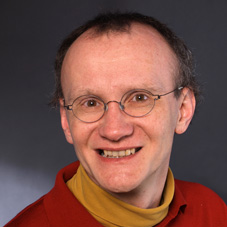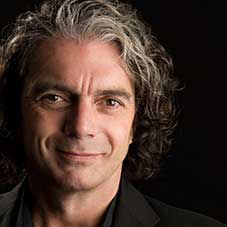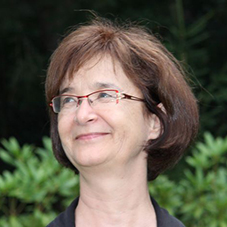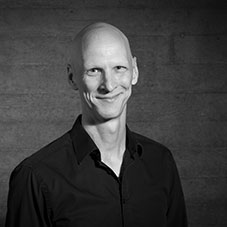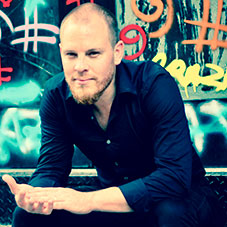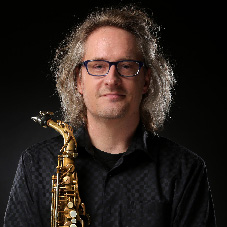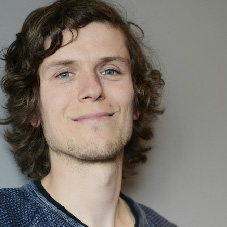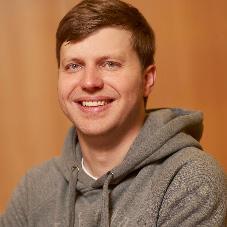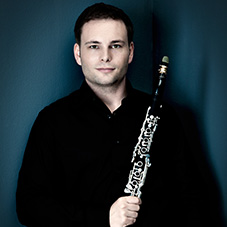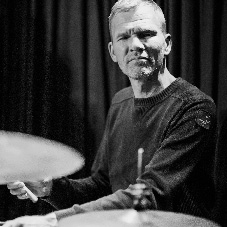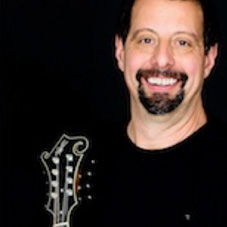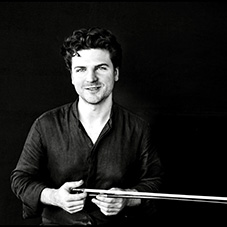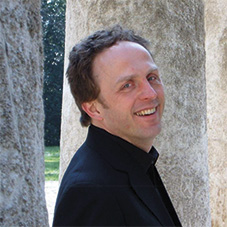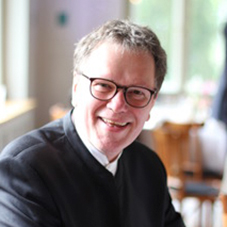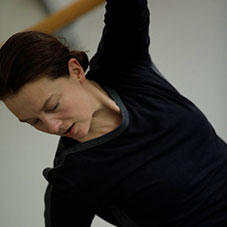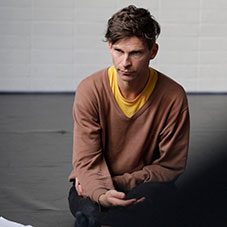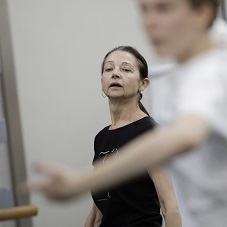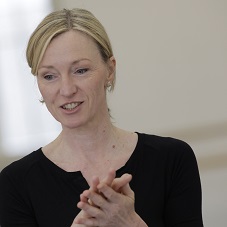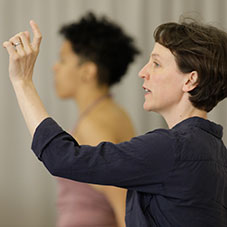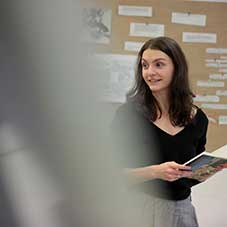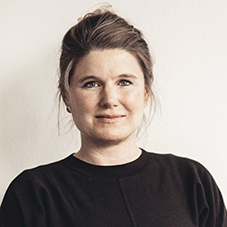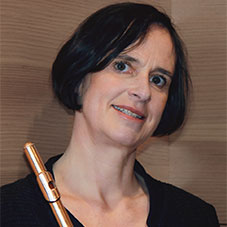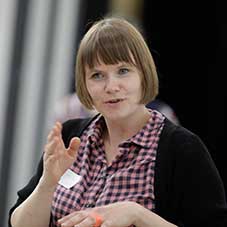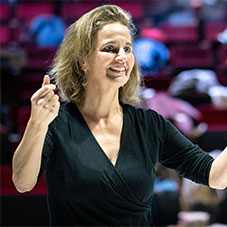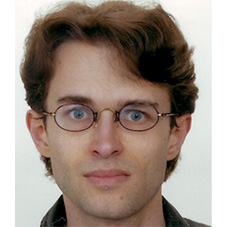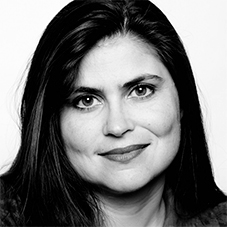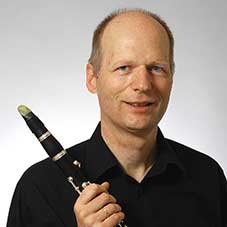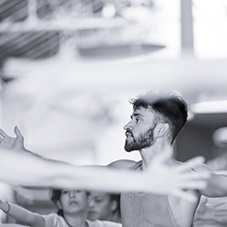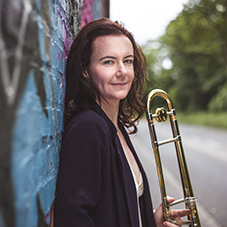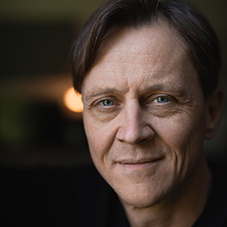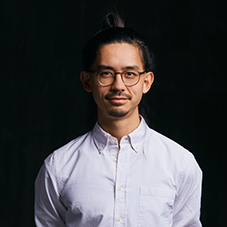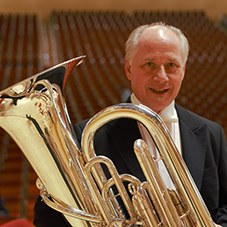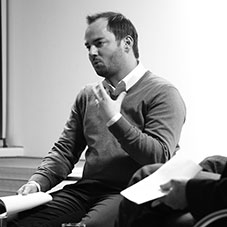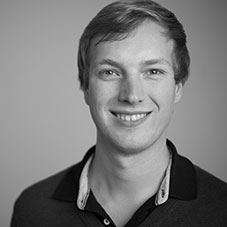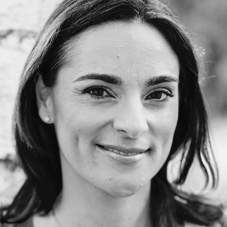###PRINT_PATH###
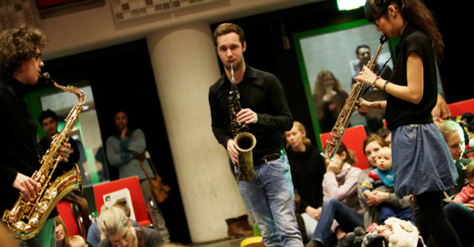
Bachelor of Music - Elementary Music
The Elementary Music Education (EME) degree program gives students the opportunity to artistically express themselves in many ways through various instruments, voice, and movement. It also exposes them to the goals, methods, and means of playing music with all age groups. In doing so, this arts education degree program shows students ways to enable others to personally experience music in the social context of the group.
The EME program combines goals for developing musical skills and individuality. The program’s content focuses on musical parameters that can be used and reproduced on an individual, improvised basis for different forms of expression. This approach strives to find a balance between “performance” (technique and reproduction) and “creation” (creative and artistic) activities.
An EME degree qualifies students for an interesting, diverse career that is increasingly in demand at music schools as well as academic and non-academic institutions that offer elementary musical education for children, adolescents, and adults.
General Information
- Academic degree: Bachelor of Music (B.Mus.)
- Duration of degree program: 8 semesters (4 years)
- Start of program: Winter semester
- Degree requirements: 240 ECTS credits
- Major:
Both departments: trombone, trumpet, bugle, bassoon, flute, clarinet, oboe, recorder, violin, viola, violocelo, double bass, piano, guitar
Department Cologne: tuba, saxophone, harpsichord, organ, harp, lute, jazz/Pop (possible main subjects see study program Jazz/Pop), LIP
Departement Wuppertal: mandolin - Graduate program: Master of Arts Music Pedagogy, Master of Music Solo Instrument, Doctorate
The application takes place online via the muvac platform. You can find all the information about the procedure on our Application page.
Admissions Requirements
- A general certificate of secondary education or other comparable higher education entrance qualification.
- For non-German-speaking applications, proof of a language certificate at DaF level 3 is also required.
- Successful completion of the entrance examination.
Entrance examination
The entrance examination consists of the following three parts:
- Practical performance test in the candidate’s main subject (duration approx. 15 minutes);
- Music education performance test lasting approx. 3 hours and consisting of the following parts: Two group improvisation exercises; Accompanying an ensemble; Movement/learning through acting (szenisches Spiel); Percussion; Interview with the candidate about the course of study and professional interests;
- Music theory test: aural skills (written) and elementary harmonic theory (written), total duration: 90 minutes.
Detailed information can be found in the Entrance Examination Regulations, particularly in section 5: Content Requirements and Examination Format (§5 Inhaltliche Anforderungen und Durchführung der Prüfung).
Downloads
This program not only offers students the opportunity to develop a multifaceted artistic identity. It also provides them with a solid foundation of theoretical knowledge and the opportunity to put this knowledge into practice in a variety of ways.
Students explore the goals and content of EME in seminars on pedagogy and subject-didactics. Ongoing practice lessons with children aged 0-10 allow students to see themselves as instructors and develop their identity as teachers , to test existing didactical theories, and to ask critical questions and think critically. In addition to the traditional main focus (ages 0-10), the campuses also offer opportunities including symposia and projects to teach elementary music performance to individuals ranging from adolescents to seniors. A central component of our pedagogical concept is to organize numerous practical courses in close cooperation with music schools, general-education schools, and other cultural and social establishments for children, adolescents, and adults.
The degree map comprises 8 main modules:
1. Core module
2. Artistic practical context
3. Education
4. Music appreciation
5. Career development
6. Bachelor/interdisciplinary capstone project
7. Supplementary studies
8. Specialization module
Downloads
Downloads
- Prüfungsordnung BM Elementare Musikpädagogik ab WS 2017/18
- Studienverlaufsplan BM EMP - Jazz ab WS 2017/18
- Studienverlaufsplan BM EMP - Gesang ab WS 2017/18
- Studienverlaufsplan BM EMP – Instrument ab WS 2017/18
- Modulhandbuch BM EMP - Gesang ab WS 13/14
- Modulhandbuch BM EMP - Instrument ab WS 13/14
- Modulhandbuch BM EMP – Jazz ab WS 15/16
Profile – Cologne
Collegial - Individual - Successful
Collegial: Not only in lessons across different practice areas, but also in our interactions with one another – an inclusive atmosphere goes without saying. This is expressed both in our team teaching processes and in our commitment to reflecting on our attitudes and preconceptions, whether as part of the student-teacher relationship or in promoting an environment, that embraces diversity.
Individual: Our location in Cologne offers an extensive and varied range of programmes. Through regular contact time and, should the student so wish, portfolio work, students have the opportunity to develop a personalised profile with a unique artistic and/or academic focus. Academically, students can build further on what they have learned through Master of Arts programmes offered here in Cologne and, where appropriate, can round out their experience with a dissertation on elementary music education as a discipline. For those who want a practical, performance-oriented focus, Cologne offers the opportunity to learn percussion performance techniques from selected regions across Latin American and to apply them practically, for example in the Cuban son ensemble.
Successful: We provide professional support for our students’ projects and ideas. In previous years, a number of Cologne students have been successful at university-level music education competitions; a dissertation on early music education was awarded the Sigrid Abel Struth Prize and a radio play that featured a youth music group won first place at the 1st International Music Education Competition.
Additionally, graduates of the EME programme are now successfully practising in music schools, as well as at nursery schools, concert halls and universities.
At our location in Wuppertal, we also offer a specialisation in musical theatre.
The option to focus specifically on musical theatre means that students are able to work in teams to develop and stage their own musicals addressing current issues with the help of other artistic institutions, such as the Bergische Musikschule, the Kinder- und Jugendtheater Wuppertal and the Haus der Jugend Barmen. Here, students are able to take on a creative role while exploring their potential in a variety of areas, including voice/vocal training, body percussion and speech training/learning through acting (szenisches Spiel).
Studiengangsleitung
Prof. Dr. Claudia Meyer (Köln)
Prof. Sarah Semke (Wuppertal)
Prof. Dr. Corinna Vogel (Wuppertal)
Sprecherziehung/szenisches Spiel/Gesang
Banu Böke (Köln)
Hilde Kuhlmann (Wuppertal)
Stefanie Siewers (Wuppertal)
Musik und Bewegung/Tanz
Astrid Rempel (Köln)
Prof. Dr. Corinna Vogel (Wuppertal)
Schlagwerk/Percussion
Alfonso Garrido (Köln)
Uwe Fischer – Rosier (Wuppertal)
Musikpädagogik/Fachdidaktik - Praxisgruppen/Projekte
Hernan Angel (Köln)
Sabine Schmid (Köln)
Xiomara Escalona (Köln)
Agnieszka Kus (Köln)
Anja Leu (Köln)
Prof. Dr. Claudia Meyer (Köln)
Dorothee Streich (Köln)
Prof. Sarah Semke (Wuppertal)
Prof. Dr. Corinna Vogel (Wuppertal)
Contact
- Prof. Dr. Claudia Meyer
Pädagogisches Hauptfach; Musikpädagogik Standort
Köln - Prof. Sarah Semke
Pädagogisches Hauptfach; Elementare Musikpädagogik Standort
Wuppertal
